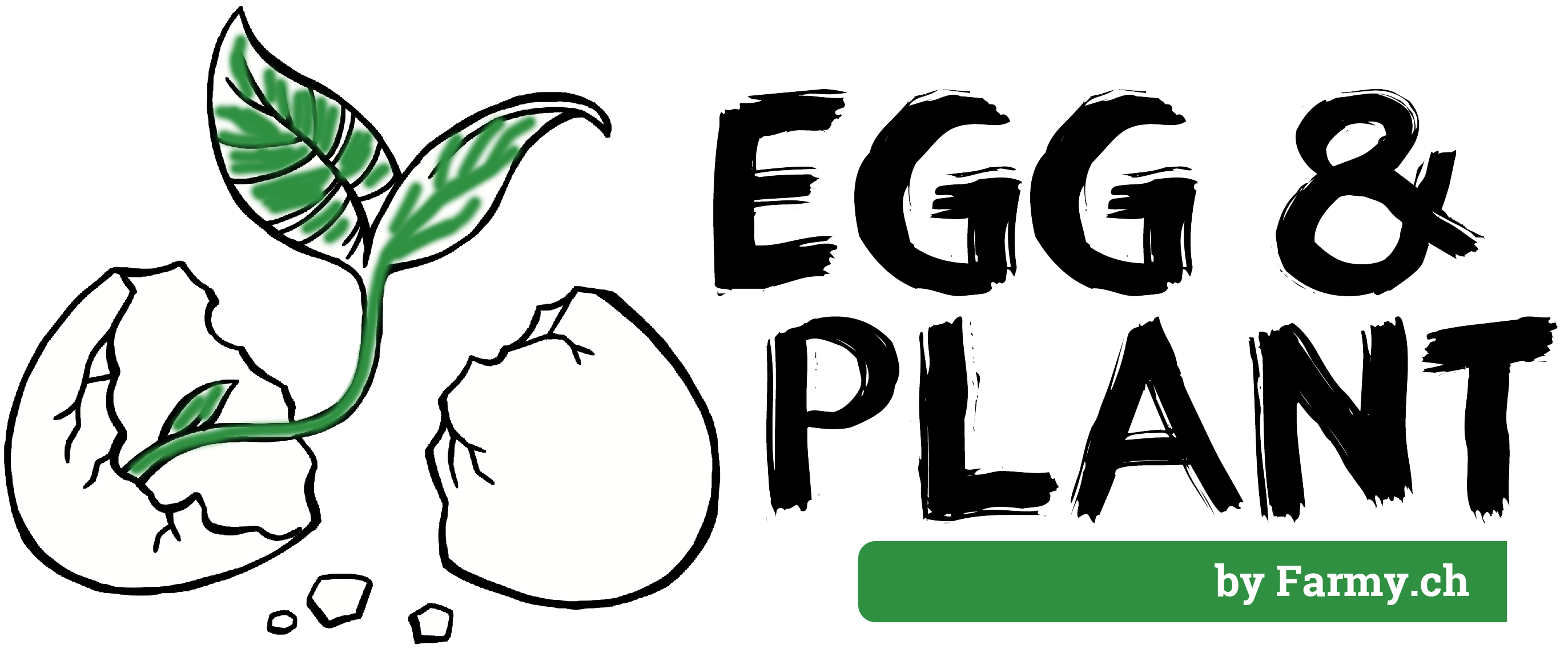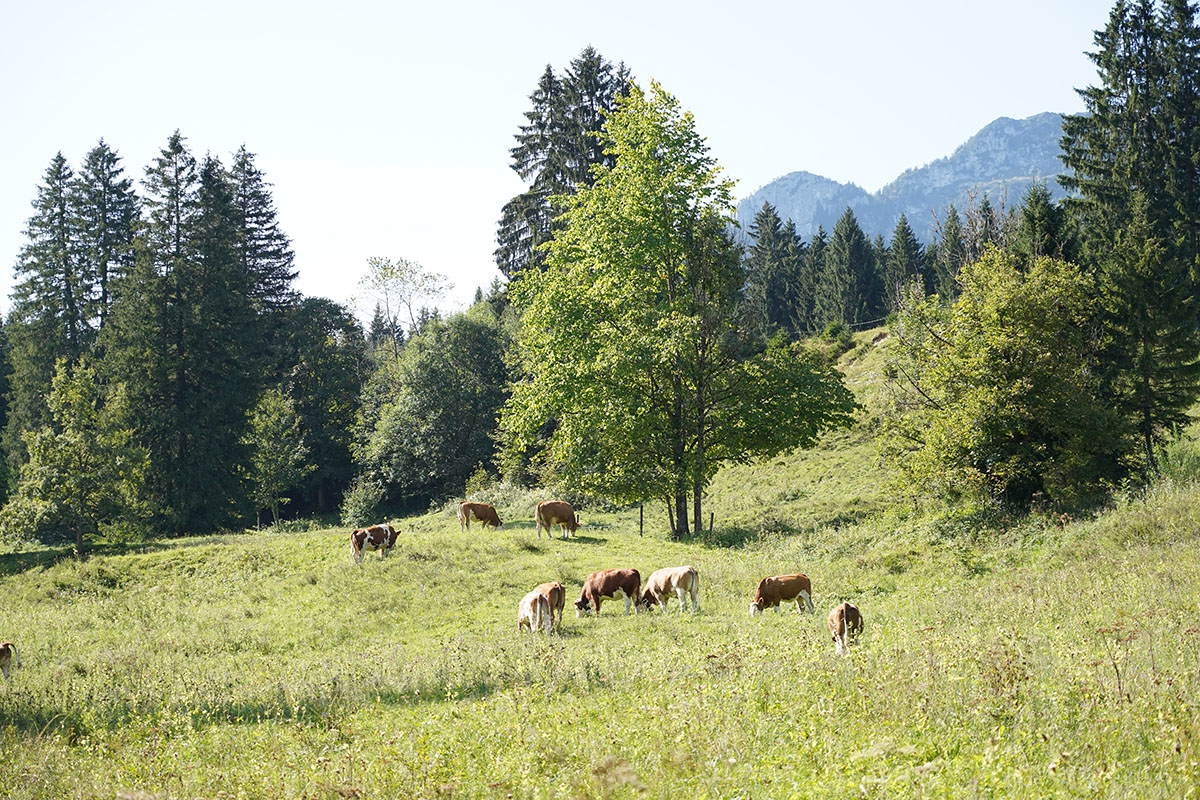Local meat, produced under sustainable conditions, is extremely popular and widespread in Switzerland. In this article we explain what makes our small home country particularly suitable for this.
Sustainable Production
As a grassland with high standards and legal foundations for animal welfare, Switzerland is an ideal country for animal-friendly and sustainable meat production. Swiss meat, for example, is considered a healthy, valuable food and is characterised by its high quality. This is why Swiss meat is highly valued and is very popular at home.
The moated castle of Europe – that’s what little Switzerland is known as. As it rains a lot and evenly in most Swiss regions, our homeland is considered a country rich in water. As a result, local farmers hardly have to irrigate their fields and meadows manually and can benefit from the natural abundance of water.
At the same time, Swiss farmers are extremely economical with this valuable resource. As a result, Swiss agriculture uses less than 2% of the freshwater supply. By comparison, average consumption in other regions of the world is around 70%.
Native Feed for the Animals
It is not only due to the abundance of water that Swiss meat production enjoys a sustainable reputation. Thanks to the wonderful climate and the numerous grasslands, 85% of the feed for the farm animals is grown in the country. This means that only a small proportion has to be imported from abroad.
However, the need for soya has increased significantly since the ban on the use of meat and bone meal in animal feed. As a result, Switzerland needs more soya. As a result, Switzerland only imports foreign soya that has not been genetically modified and comes from certified sustainable production.
Short Transport Routes due to Small-Scale Switzerland
Production and processing plants are often very close to one another. As a result, the animals suffer from much less stress, which has a noticeable effect on the quality of the meat. The short transport distances and regional processing help to promote ecological and economic advantages. Ultimately, everyone benefits both sustainably and long term.

A good example of this is the hunter Hansruedi Meier of the Windisch butchery. Hansruedi ensures first-class game enjoyment from the Aargau forests and contributes his share to sustainable meat production. The animals are hunted in the region around the butcher’s shop and then processed in the butcher’s own butchery.
Strict Regulations
Another factor contributing to the conscious production of meat in Switzerland is the strictest animal transport regulations in the world. These rules include clear requirements with regard to means of transport, space and the handling of animals during the entire transport. In addition, these rules also apply to the training of the staff responsible for the transport.
In addition, the transport time is limited to eight hours, which thanks to short distances does not have to be applied in practice.
Conclusions Regarding Sustainable Meat Production in Switzerland
Switzerland is a pioneer in sustainable meat production. Small businesses, farms and regional hunters also promote sustainability and contribute to humane meat production thanks to the numerous and strict regulations. Of course, conventionally produced meat is also available in Switzerland. When buying meat, we recommend paying attention to its origin and buying from traders, butchers or farms that offer the highest transparency when it comes to animal welfare, feed and processing.











What do you think?